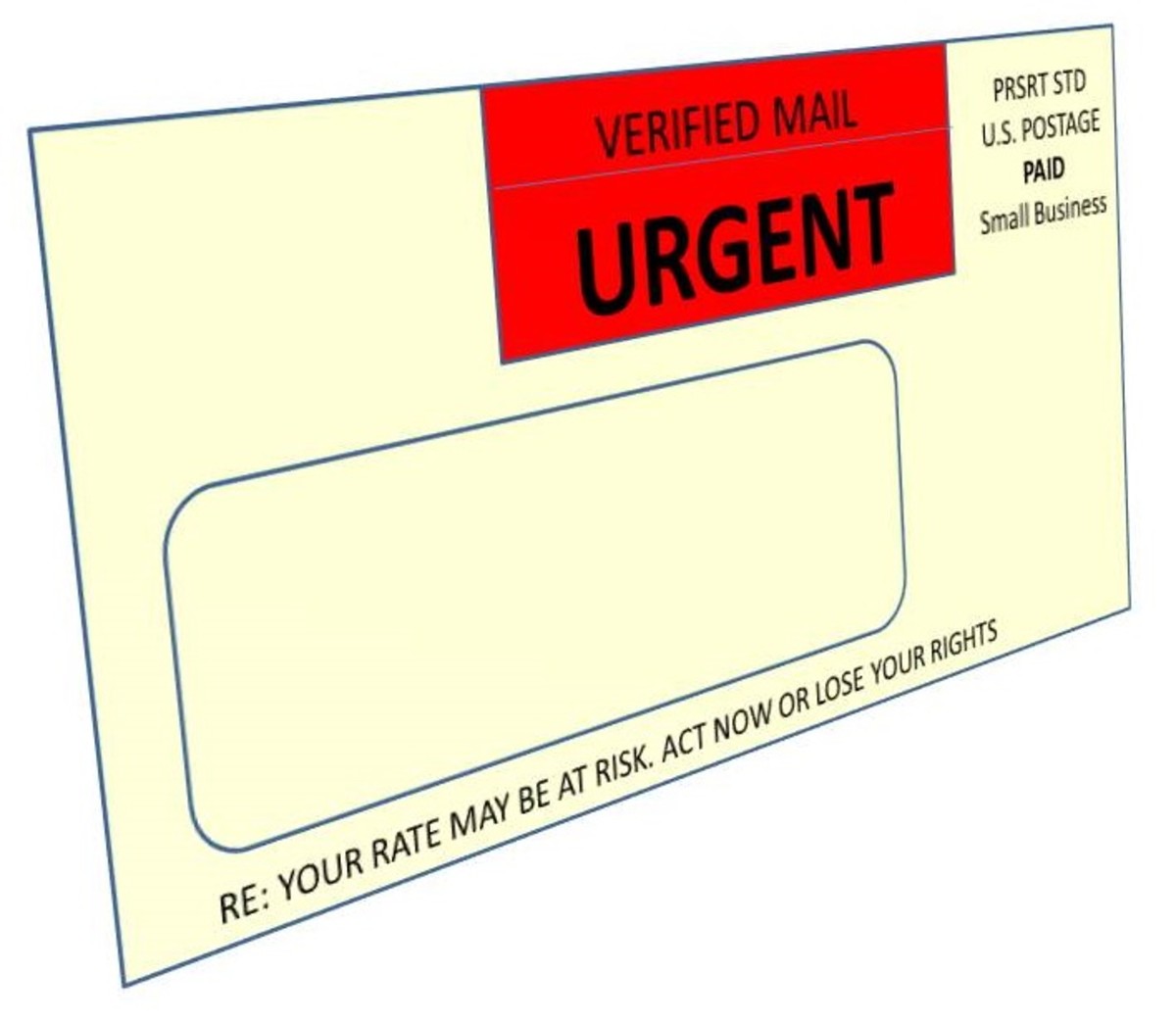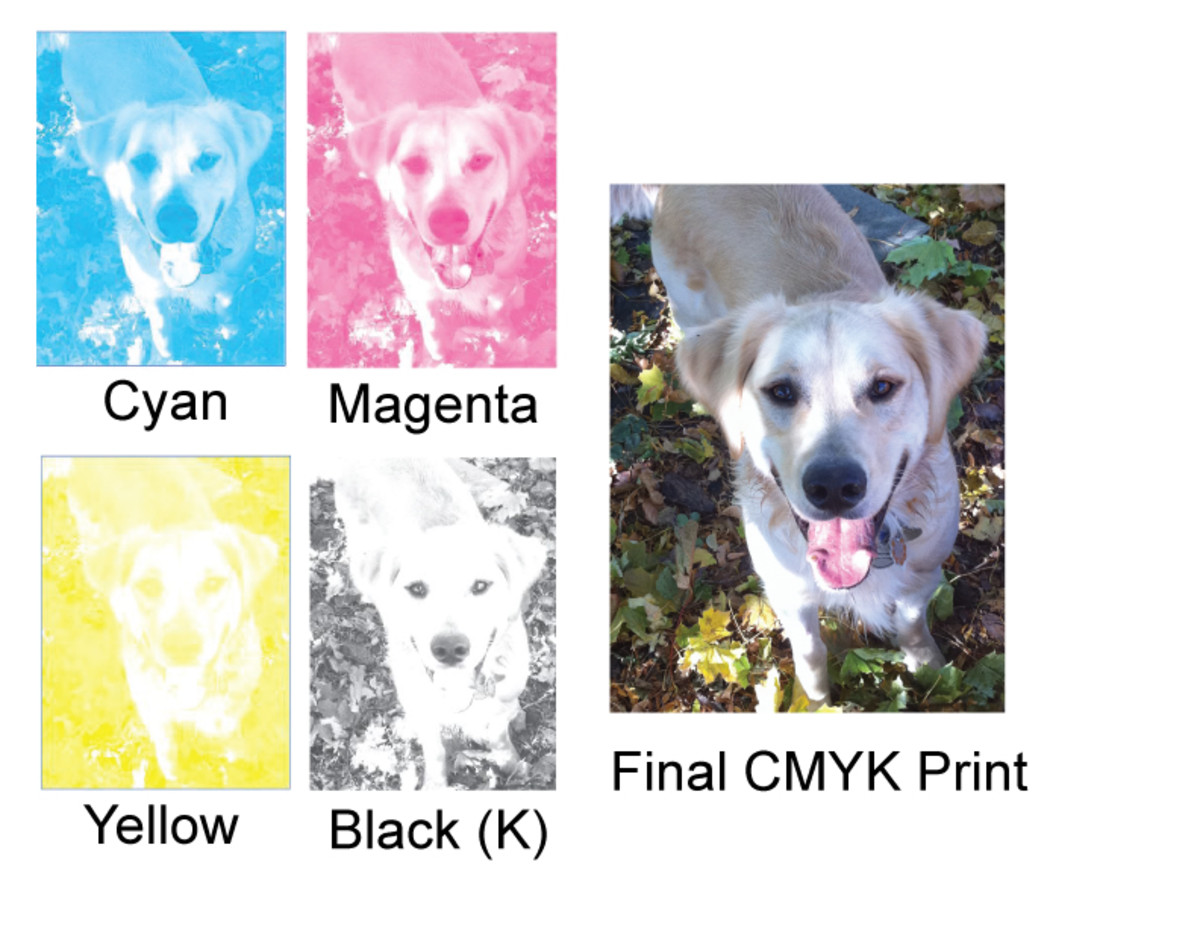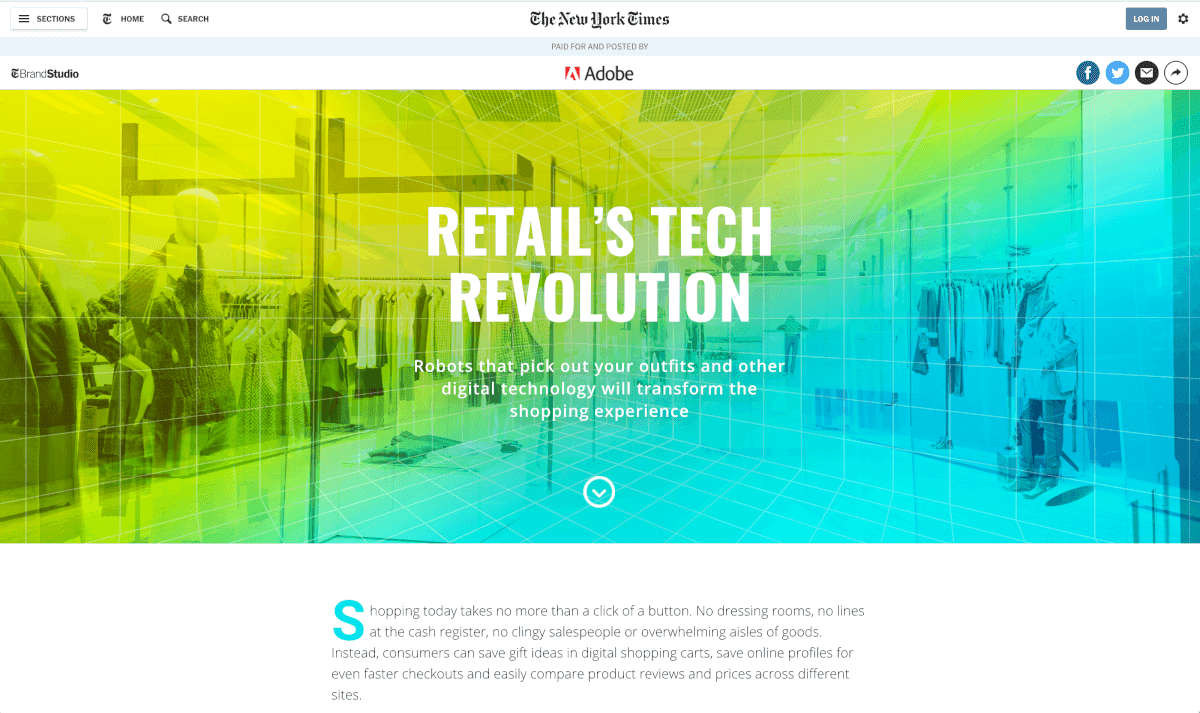False Advertising Is A Crime

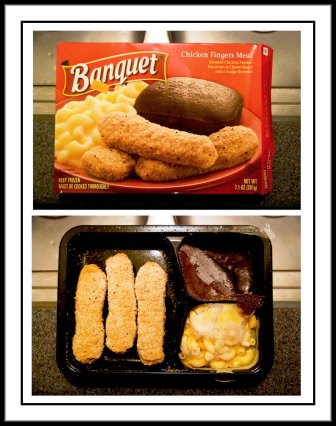
Still Exists
Advertising is usually defined as any information provided in order to promote the sale of a product or service through printed, visual or audible media. It also pertains to anything a seller tells you. Americans love bargains and will go out of their way to find one. Unfortunately, unscrupulous sales people try to take advantage of this weakness. Bear in mind, however, just because an item is advertised as on sale by one store, doesn’t mean it’s lower than their competitors. Even in this day and age with tough false advertising regulations the practice still exists.
A false advertisement is one which consists of false or deceptive information. Manufactures and sellers of products or services should honestly represent them. But there are always those who by hook or crook manage to get around truth in advertising laws. There are many ways they attempt to do this for example, the old “bait and switch”.
This is a tactic used to sell an upgrade of a product on sale…which they have no intention of selling. A store will advertise a product for a low price. When customers come in to buy it they are told how inferior it is in comparison to a more expensive one. So the store “baits” customers with a sale item and “switches” the item by convincing customers to buy one not on sale.

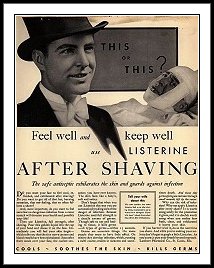
Tricks
There are many other “tricks” such as advertised sale items being sold out when customers come in. It’s a legal requirement for sellers to have enough advertised items in stock to meet a reasonable demand. If not, it’s a clear indication the advertisement was just a means to lure customers into a store. A store continuously “sold out” of advertised “on sale” items needs to be reported.
Then there’s the “rain check.” Businesses aren’t required to issue rain checks but usually will to build good customer relations. However, sometimes they are just a gimmick. Often customers wind up visiting a store several times before being able to use the rain check.
In addition, sellers can’t limit how many of an advertised item can be purchased unless it’s clearly stated. For example, “one per customer” is okay…as long as it’s not something discovered until after getting to the store.

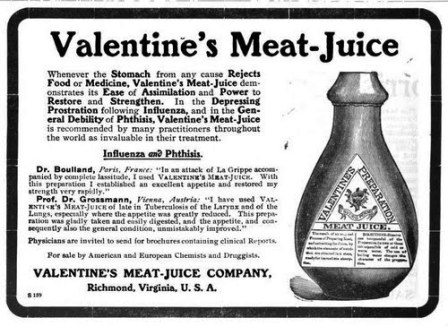
2 For 1 Sales
At the other end of the scale, there’s the question “Can I buy just one?” The advertisement must say a certain quantity must be purchased to get an advertised discount. Otherwise you can buy the item individually. Two for one sales are good examples.
Another would be, an ad like”Now through Friday only 99 cents.” If the regular price is 99 cents, then it’s misleading and illegal. The same principles apply to pictures. If the advertisement includes a photo, drawing or other visual representation of an item on sale, it must accurately depict it. An advertisement must also inform buyers if an item is used, refurbished or new.

False Claims
How many times have you bought something only to find out it didn’t do what ads claimed they would do? If an ad claims a product can do something, it must be able to. Say, someone advertises their product can restore hair growth. Then it must be able to. Vitamins, for example, won’t tell you what they do unless there is proof to support it.
All claims must be printed in the ad as well as on the package. Also what is needed to make it work or perform as indicated. Such as “assembly required” or “batteries not included.” If a product says “Made in USA” then no part of it can be made outside the country.
Here’s a common ad, especially in tourist areas. “Going out For Business.” It’s misleading because going out for business isn’t the same as going out of business. If a company claims they are going out of business, liquidating, or closing, that must, to all intents and purposes, be what they are planning to do. Customers have a right to know what they are buying and all required information should be on the package.
Hidden fees and surcharges are another tactic used in trying to bilk customers. Service providers often tack on fees and surcharges that are not disclosed to the customer in the advertised price. A common ruse is activation of services like cell phones, although there are many other examples. Usually, fees are lost somewhere in the fine print. However, sometimes they are in plain view but written in ambiguous terms and with complicated words as to not be understood by anyone not a graduate of MIT. Hidden fees are also often used by the airline industries,
In the food industry some products are sold with fillers. This practice increases legal weight with inexpensive ingredients . For instance, poultry products are sometimes injected with broth or brine, up to 15%. And TV dinners contain gravy or sauces to lessen the amount of actual meat. Or, peanut butter manufactures use color fillers like malt or cocoa butter.
Other frequently seen examples in the past were in "organic" or "Light" foods until legal requirements demanded an exact definition. The terms had been used to mean low in calories, sugars, carbohydrates, salt, or even light in color. Tobacco companies were also guilty of such practices. They used terms like "low tar", "light", "ultra light" or "mild", implying such products were less harmful.
The United Egg Producers' printed "Animal Care Certified" logo’s on their egg cartons. Deceptive since it conveyed a higher level of care than was actually the case. Both the Better Business Bureau and Federal Trade Commission designated it as such. In the United States advertising is regulated by the Federal Trade Commission (FTC). Their mission is to prohibit "unfair and deceptive acts or practices in commerce.”
However, there are more than just commercial advertising involved. There are also noncommercial ads like those for political candidates. It comes as no surprise these aren’t regulated by the FTC.
While the terms "false" and "deceptive" seem similar, being deceptive is not legally understood to be the same as deception. What is illegal is if an ad is potentially false, evidence must be acquired showing facts an advertiser intended to deceive or knew a claim was false.
Legal statutes define false advertising as a "means of advertisement other than labeling, which is misleading in a material respect; and in determining whether an advertisement is misleading, there shall be taken into account not only representations made or suggested by statement, word, design, device, sound, or any combination thereof.”
In any case, it is advisable to check a cash register receipt immediately following a purchase. Today’s computerized cash register scanners will only discount sale items that have been entered into it. Sometimes, an oversight can be made. Additionally, some stores will declare a no refund policy on sale items…meaning if you depart without catching the discrepancy, you bought it at the regular price and have no recourse.



